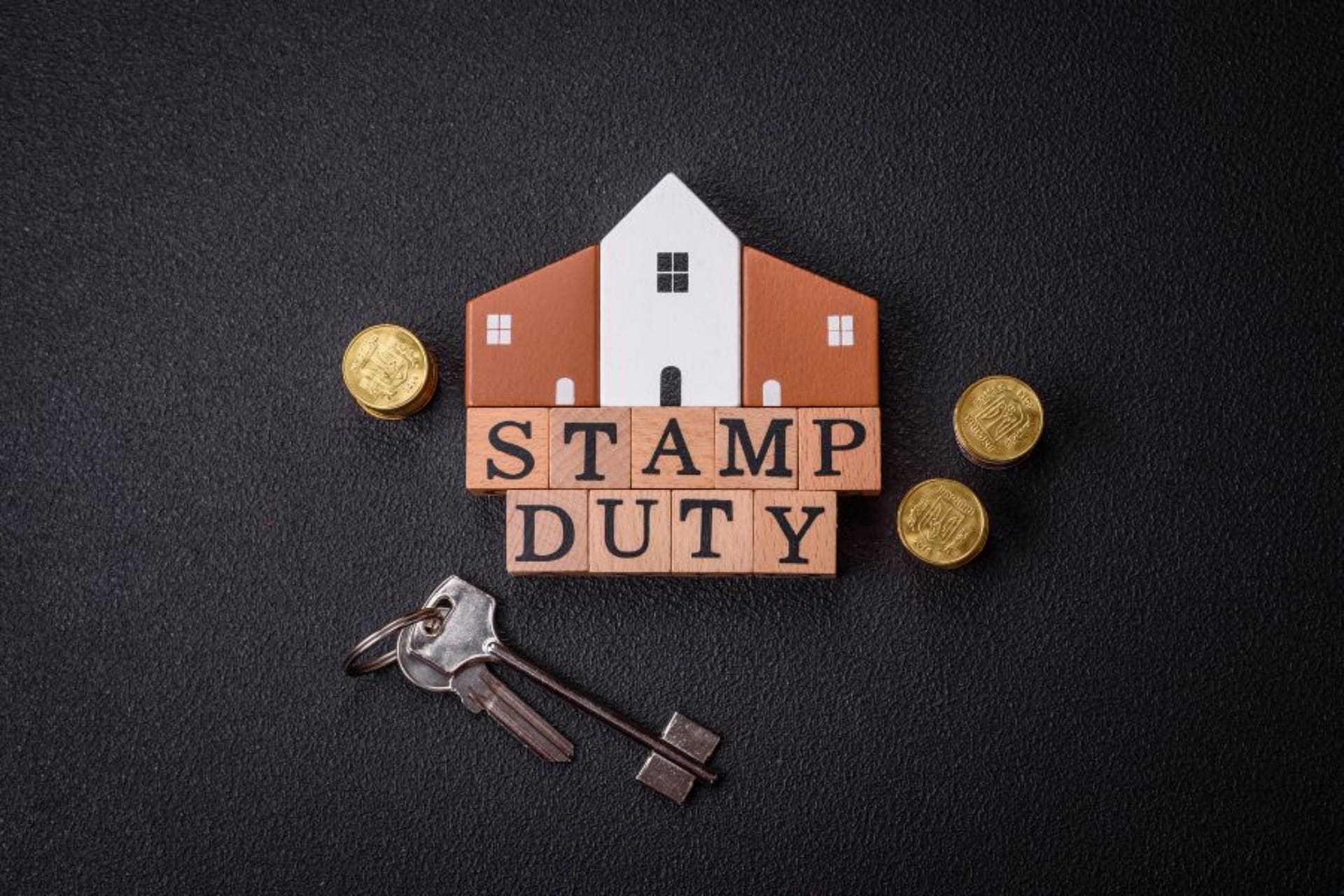Buying and selling your home is an exciting milsetone. However, it is full of steps that need to be done correctly. One of the most complex steps people face is a simultaneous settlement.
Simultaneous settlement happens when you sell your current home and buy a new one on the same day. Although convenient for buyers, it requires careful planning and at times, a professional to ensure that everything lines up.
If you are considering selling your home and moving into a new one on the same day, this article will help you understand the meaning of simultaneous settlement, what could go wrong, and how to give yourself the best chances of a smooth move.
Table of Contents
ToggleWhat Is a Simultaneous Settlement and When Does It Apply?
A simultaneous settlement is when two property transactions happen at the same time. This usually means you’re selling one property and buying another, with both settlements being booked for the same day.
Some choose to do simultaneous settlement to avoid renting between selling and buying, and to use the money from their sale to pay for their new home without needing a short-term loan.
Here is how it usually works:
- You sell your old house and buy a new one.
- Both contracts have settlement dates scheduled for the same day.
- The funds from your sale are used straight away for your purchase.
These arrangements are common when families are upsizing or downsizing. It also suits people who don’t want to move twice, or do not want to rent between homes.
Also Read: Understanding What is Settlement in Real Estate: A Comprehensive Guide
What Are the Risks Involved in a Simultaneous Settlement?
Even though simultaneous settlement sounds convenient, there are some risks to consider. These risks can affect both the sale and the purchase of property.
1. Timing Delays
Both transactions can be delayed if one of the banks is running late, or if the paperwork isn’t ready. This may mean that you will be unable to settle either property that day.
2. Chain Reactions
If your buyer’s bank has issues, your sale could be delayed. That then delays your ability to buy your next home. This creates a chain reaction of one delay causing another.
3. Removalist Problems
If your settlement gets pushed back a few hours or even a day, you might have to cancel or rebook your removalist. That can cost more money and cause stress—especially if you’ve already packed up your belongings.
4. Temporary Homelessness
If your sale goes through but your purchase doesn’t, you may find yourself without a place to stay. This is rare, but it’s something to be aware of.
5. Extra Fees
Delays can sometimes lead to penalty fees. If you can’t settle on time, the other party might charge interest or even terminate the contract.
That’s why having a good team—your conveyancer, mortgage broker, and real estate agent—is so important.
What Can I Do to Ensure Both Settlements Happen Smoothly?
You can’t control everything, but there are several things you can do to help both settlements happen as planned.
1. Choose a Common Settlement Date
When signing your contracts, work with your conveyancer to set the same settlement date on both contracts. Make sure this date gives enough time for banks and legal teams to get everything ready.
2. Work With the Same Conveyancer
If possible, use the same conveyancer for both your sale and your purchase. This helps them coordinate the timings and make sure the money from your sale is used right away for your purchase.
3. Talk to Your Bank Early
Let your lender know about the simultaneous settlement as early as possible. Banks often need a few weeks to prepare all the documents and schedule the transfer of funds.
4. Be Realistic With Your Timeline
Avoid choosing settlement dates that fall on Fridays, public holidays, or just after long weekends. These are busy periods and can increase the chances of delays.
5. Have a Backup Plan
While the goal is to move from one home into the next without issue, life doesn’t always go to plan. Book your removalist with flexible terms. Keep a few essentials with you in case there’s a delay. And ask your conveyancer if you need short-term accommodation just in case.
What Happens If One Side of the Simultaneous Settlement Falls Through?
This is the biggest concern for many clients, and it’s a fair one. If one side of the simultaneous settlement doesn’t go ahead, it can cause serious issues.
Here are a few examples of what might happen:
Your Sale Falls Through First: If the buyer of your home can’t settle, you won’t receive the money you need for your new home. That could mean you can’t settle your purchase, and you might face penalties or even lose your deposit.
Your Purchase Falls Through First: If your seller can’t complete their end, you may have sold your home but now have nowhere to move into.
Bank Delays on Either Side: If the bank is late sending funds or paperwork, both sides could be pushed back to another day. This can impact removalists, furniture deliveries, and insurance policies.
So, what can be done if this happens?
Your conveyancer may try to negotiate an extension with the other party. Sometimes everyone agrees to push the date back a day or two. But if the other party refuses, you may need legal advice.
That’s why communication is key. Your conveyancer should stay in regular contact with all sides—banks, agents, and legal teams—to help spot potential problems early and find solutions.
Ready To Make Your Next Move?
A simultaneous settlement is like a puzzle—all the pieces need to fit perfectly. While it can be stressful, a well-prepared team can make the process run as smoothly as possible.
By setting realistic dates, working closely with your bank and conveyancer, and understanding the risks ahead of time, you give yourself the best chance for a stress-free move. It’s not always easy, but with care and good planning, you can sell and buy on the same day and be in your new home without delay.
Thinking of selling and buying on the same day? Let us help take the stress out of your simultaneous settlement. At CJC Law, we coordinate every detail so your sale and purchase line up with care. Our experienced conveyancers know how to manage deadlines, work with banks, and prepare for any bumps along the way.
Whether you’re upgrading, downsizing, or starting fresh, we’re here to help every step of the way. Contact us today to speak with our team and make your next move with confidence.




